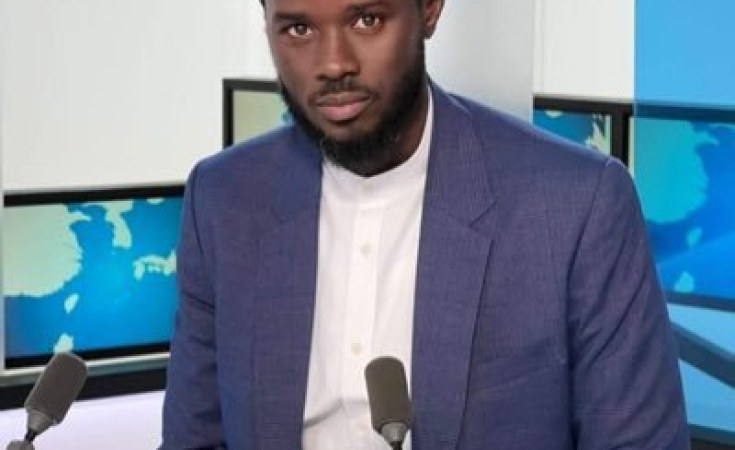Senegal has begun choosing the candidates for next year's presidential elections, with more than 70 people declaring their intention to run. The list will be narrowed down, though, through a public endorsement process in which hopeful candidates must secure a minimum level of support.
The endorsement phase, which opened last week, will last two months.
Designed to test a potential candidate's viability, it requires them to collect signatures demonstrating support from at least 0.6 percent of the electorate, 13 members of the National Assembly, or 120 mayors and heads of regional councils.
Senegal saw protests in the spring over the prospect that current President Macky Sall might run for a third term.
He finally renounced those plans in early July.
The announcement ended months of uncertainty and tension in the West African nation.
But Sall's successor is still unknown, and the opposition fragmented.
Crowded field
Among those who have declared their candidacy so far are six of the eight last prime ministers of Senegal, including the current one Amadou Ba, who has been in office since September 2022.
Also running are Idrissa Seck (PM from 2002 to 2004), who came second in the 2019 ballot, Aminata Touré (Sall's prime minister from 2013 to 2014), and Mahammed Boun Abdallah Dionne (in office from 2014 to 2019).
Khalifa Sall, the former mayor of Dakar and no relation to the current president, plans to run too.
Another potential candidate is Karim Wade, son of former President Abdoulaye Wade and leader of the Senegalese Democratic Party (PDS).
Both Sall and Wade were cleared to run by parliament earlier this year, when lawmakers voted to allow any person convicted but then either pardoned or amnestied to run for office.
They each have convictions for financial crimes that would otherwise have ruled them out of next year's election.
Opposition uncertainty
The endorsement system, also known as electoral sponsorship, has been criticised in the past as an unfair barrier, especially for opposition candidates. Several challengers were disqualified from the 2019 election at the endorsement phase.
Earlier this year Senegal reduced the minimum number of signatures required from 1 percent to 0.6 percent of all registered voters.
But critics claim meeting that threshold is not the only obstacle.
Supporters of Ousmane Sonko, the mayor of Ziguinchor in Senegal's Casamance region and a leading opposition figure, have complained that they have been unable to obtain the necessary sponsorship forms amid uncertainty over whether he is eligible to run.
Having been sentenced to two years in prison on charges stemming from an alleged sexual assault, Sonko is disqualified under the Senegalese electoral code.
Sonko and his supporters maintain that those charges and others against him are designed to stop him running in 2024.
His party, Pastef, has refused to put forward a different candidate and his lawyers have launched a legal counter-offensive, including appeals to Senegal's Supreme Court, the Ziguinchor district court and the Ecowas High Court of Justice.
"As long as all avenues of appeal are not exhausted, we have no other candidate than Ousmane Sonko," Birame Souley Diop, president of Sonko's opposition coalition Yewwi Askan Wi ("Liberate the People"), told RFI.


